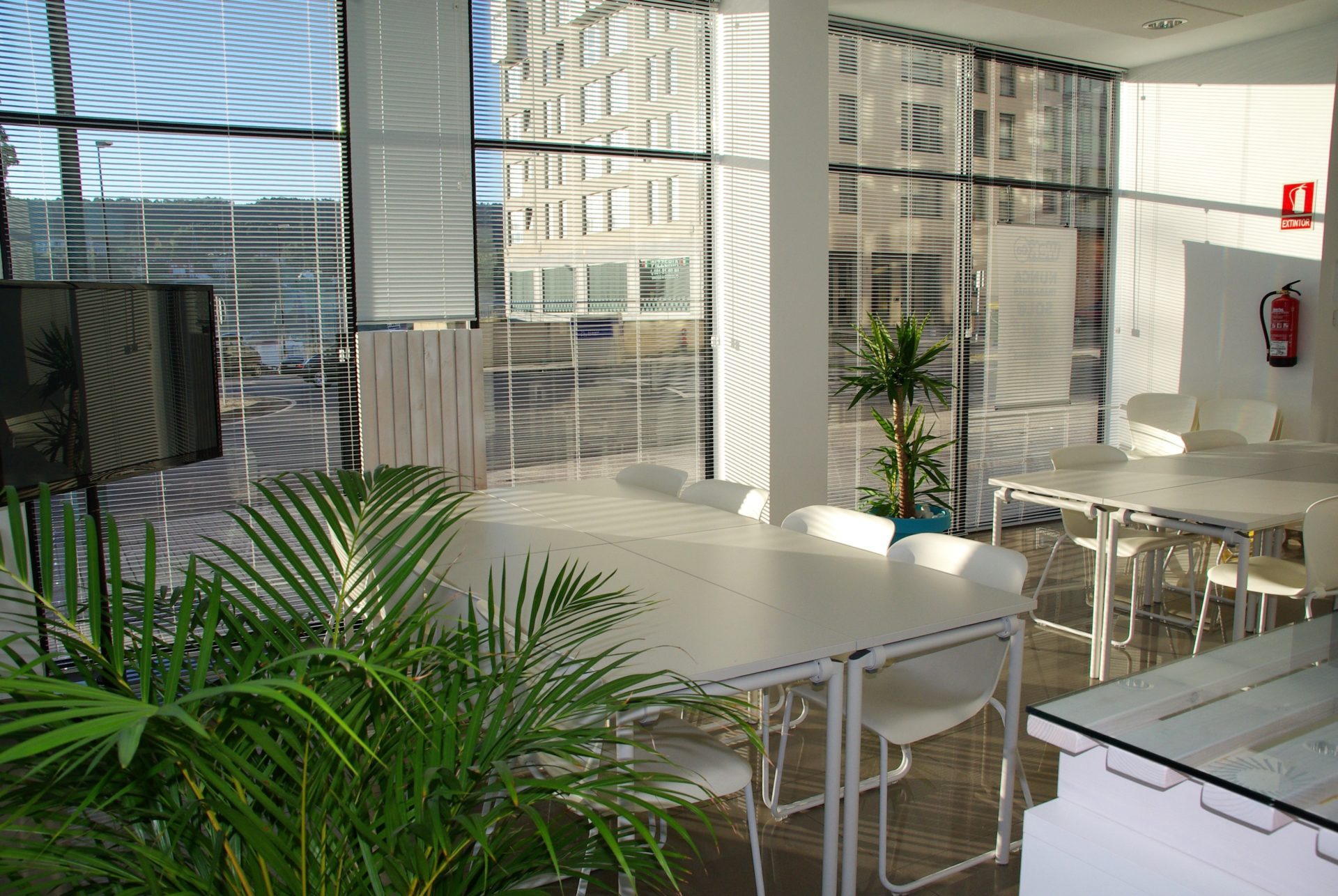“You should take a mental health day.”
This suggestion has become the corporate cure-all for employees experiencing burnout–which as research shows, has hit epidemic levels in America. Given our obsession with work and performance in this country I do appreciate companies that encourage downtime. But true wellness is about more than the occasional day off. What we need is to change how we view mental health in the workplace.
WHY “HIP OFFICES” ARE A MISGUIDED ATTEMPT TO FIX WORKPLACE CULTURE
Many executives have taken this idea–the culture of the modern workplace–and elected to throw out the corporate layout book by making their office spaces into open, cooperative, colorful lounges. They turn kitchens into a bar after 6 p.m., transform the cubicle scene into a trendy, multipurpose space where staff can hang out after hours. They also invite employees to bring their friends for drinks and snacks.
But there’s a fundamental problem here–as I’m sure plenty of other CEOs can attest. Changing the office layout hasn’t prevented the phenomenon of burnout. And it certainly doesn’t address mental health issues. In my own office, I’ve been guilty of taking this approach too.
Roughly 32 million American employees experience mental illness each year. What’s worse is that only about half of them seek treatment, and for a long time, I was one of those workers who suffered in silence.
EMPLOYEES NEED TO FEEL FREE TO DISCONNECT FROM WORK
I have OCD, and as the founder of a business, companywide transparency wasn’t my first choice. But once I came clean to my team and made the conscious effort to create a culture that prioritizes mental well-being, I realized how much more important it is than building a cool space where we can all chill.
Even with all the mental health days and in-office lounges, many employees still feel an inability to disconnect from the office mindset, which makes them feel overworked and exhausted for prolonged periods. Job-induced anxiety is on the rise as technology blurs the lines between work and home life. The idea of work-life balance has all but disappeared.
According to a 2015 study put out by NAMI Massachusetts, one can attribute 64 percent of absenteeism from work because of poor mental health. And 81 percent of productivity loss occurs as a result of presenteeism, where people work when they’re sick (and should be resting).
COMPANIES NEED TO PUT THE RIGHT SYSTEMS IN PLACE TO SOLVE THE MENTAL HEALTH ISSUE
The need for mental health days, even in the most modern offices, is a sign of a much more significant issue–one we need to start addressing. No matter how many pool tables or latté machines we have, we’re not helping our employees achieve real wellness.
And, by relying on environmental perks as a solution to the problem, we’re entirely overlooking those with pre-existing conditions. Mental health reform isn’t just about addressing burnout caused by work-induced stress. It’s about putting systems in place that support individuals on all parts of the mental health spectrum.
“Every $1 investment in mental health promotion has a $3 to $5 return on investment,” One Mind at Work adds. “There are significant economic implications of America’s currently high levels of absenteeism, presenteeism, and lost productivity resulting from mental disorders.”
Now, I don’t mean to say that making office spaces more relaxed and creating a laid-back culture is the problem. That’s not why people are burned out. It’s the fact that companies equate hip and comfortable offices to being proactive about employee health. Companies need to think about what kinds of signal they’re sending to employees. For example, is there an unspoken rule that no one leaves the office before 6 p.m.? Do employees feel comfortable discussing their struggles of stress and anxiety with their manager, or do they feel like they need to do all their hard work alone?
Instead of investing in Ping-Pong tables, we need to consider optimizing our office culture to benefit employee mental health. As Billy Boebel previously wrote for Fast Company, what employees value is the reassurance that the company they work for will do all it can to help them thrive at work. That starts with valuing their well-being, not introducing Ping-Pong tables.
BY AARON HARVEY
Source: https://www.fastcompany.com/90313990/why-cool-offices-do-nothing-to-mental-health

